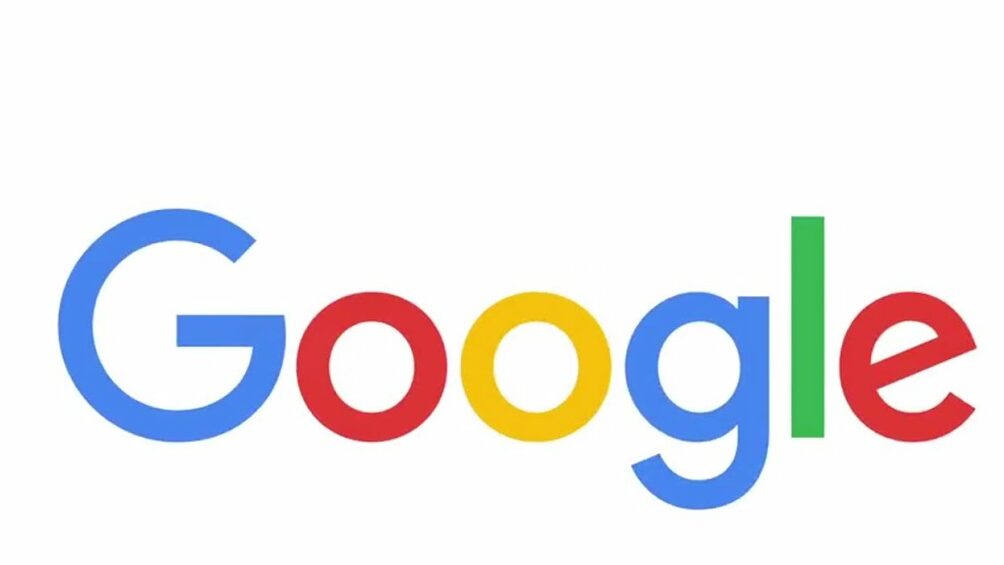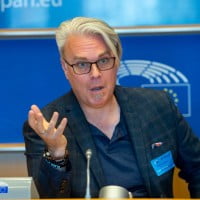A research project launched on Wednesday in India, Brazil, and Kenya, could eventually benefit millions of people with vision, hearing, and other impairments, by enabling them to use smartphones and related mobile apps, project partners said.

Google : digital at the service of health
Mobile apps can help people to read, for example, by adding colour and contrast to digital text, or even reading the text out loud. For people with hearing difficulties, apps can convert speech into text, filter out background noise, or even amplify the sound. And by installing multiple applications on a single phone, people can access multiple assistive technologies with a single device.
Working with local partners and led by UCL’s Global Disability Innovation Hub (GDI Hub), the two-year project will provide a mobile device to 500 people in each of the three countries. It will then research people’s use of these apps – collectively known as digital assistive technology (AT) – and measure the impact on their quality of life. Some 76 percent of people in high-income countries own a mobile phone, but this figure drops to 45 percent in low- and middle-income countries, according to research by ATscale. Ownership rates tend to be significantly lower for persons with disabilities.

These simple technologies already exist, but for multiple reasons the rate of usage is low. […] This project will give us the information we need to get these vital tools to millions more people in the first three countries and beyond.
Chris PATNOE, Google’s Head of Accessibility and Disability Inclusion
Partners invested in this project
Data and other findings from the project – which is funded by UK Aid’s AT2030 programme, Google, and ATscale – will eventually be used to influence policies and shape markets, enabling more people to benefit from assistive technologies.

In low- and middle-income countries, many persons with disabilities could benefit hugely from mobile phones but do not own them, could not afford them, and do not know how to use the applications that could change their lives. […] This project will eventually look more closely at government policy and market failure, as well as demonstrate the value of these technologies to potential users.
Pascal BIJLEVELD, CEO of ATscale
The project will also train people with vision, hearing, and other impairments to use the technologies, enabling them to live healthier, more productive, and more dignified lives, he said.

Mobile ownership and digital skills can be transformative for both the individuals themselves and their ability to access services, education, employment, and social activities. […] The potential is huge.
Professor Cathy HOLLOWAY, Co-founder and Academic Director of the GDI Hub
Published by the Editorial Staff on
